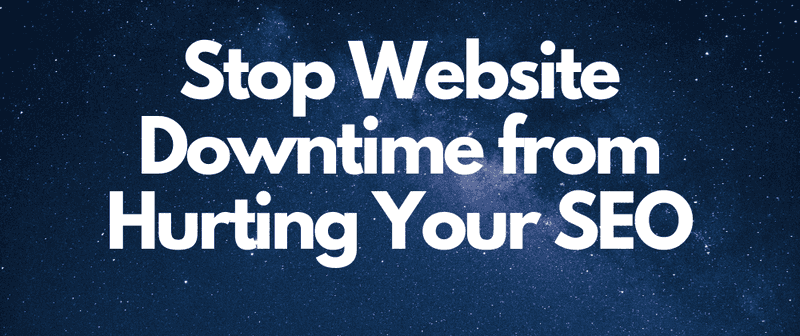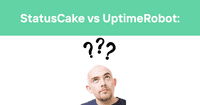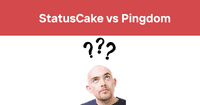Don't Let Website Downtime Hurt Your SEO - Tips for Prevention
Website downtime is a major concern for any website owner or operator. Not only does it affect the user experience, but it can also have a negative impact on the website's search engine optimization (SEO). In this article, we will explore the impact of website downtime on SEO and provide tips on how to prevent it.
What is website downtime?
Website downtime occurs when a website is unavailable to users due to server or network problems. This means that users are unable to access the website's content, and search engines are unable to crawl and index the website's pages.
The impact of website downtime on SEO
Website downtime can have a significant impact on a website's SEO. When a website is down, search engines are unable to crawl and index its pages. This means that the website's pages may not appear in search engine results, and the website may lose valuable traffic and rankings.
Additionally, website downtime can also affect the website's user experience. If a user is unable to access a website, they may become frustrated and leave the site. This can lead to a higher bounce rate, lower user engagement, and ultimately lower search engine rankings.
How to prevent website downtime
Preventing website downtime is crucial for maintaining a website's SEO and user experience. Here are some tips to prevent website downtime:
1. Choose a reliable hosting provider
Choosing a reliable hosting provider is crucial for preventing website downtime. Look for a provider that offers high uptime guarantees and has a good reputation in the industry.
2. Monitor website uptime
To prevent website downtime, it's important to use a website monitoring service that can alert you when your website goes down. There are many reliable website monitoring tools available that can help you keep track of your website's uptime.
For example, some website monitoring services like Odown offer advanced features like 24/7 monitoring and instant alerts to help you quickly identify and fix downtime issues. By using a website monitoring service like Odown , you can ensure your website stays online and accessible to your users, which can improve your SEO and user experience.
3. Perform regular website maintenance
Regular website maintenance can help prevent website downtime by ensuring that your website is up-to-date and functioning properly. This includes performing software updates, security checks, and backups.
4. Use a content delivery network (CDN)
Using a content delivery network (CDN) can help prevent website downtime by distributing your website's content across multiple servers. This ensures that even if one server goes down, your website will still be accessible from other servers.
Conclusion
Website downtime can have a significant impact on a website's SEO and user experience. By choosing a reliable hosting provider, monitoring website uptime, performing regular website maintenance, and using a content delivery network (CDN), website owners and operators can prevent website downtime and maintain their website's SEO and user experience.



